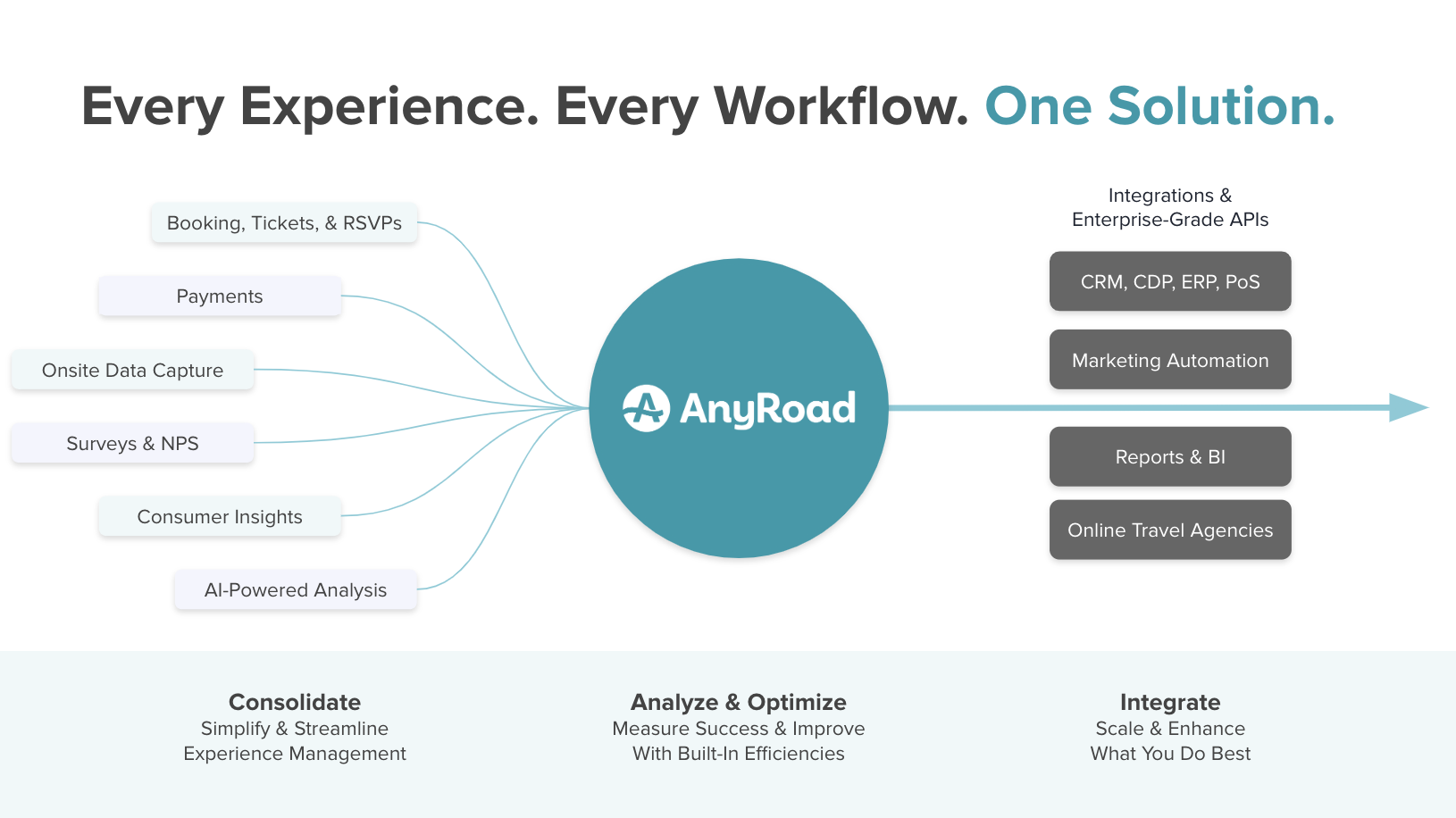What is Customer Persona?
A customer persona is a fictional representation of your ideal customer based on market research and data analysis. It is a detailed description and profile that includes information about their demographics, behavior patterns, preferences, and needs. Creating a customer persona helps businesses understand their target audience better and tailor their marketing strategies and product offerings to match their customers' needs and desires.
Customer Persona Types
Competitive Persona
A competitive persona is a crucial aspect to consider when developing a customer persona. It refers to a type of customer who has a strong desire to outperform their peers and competitors in their industry. They are highly motivated to succeed and often seek out products and services that can give them a competitive edge.
Methodical Persona
A methodical persona refers to a customer who has a highly analytical and detail-oriented approach to decision-making. This type of persona tends to carefully research and evaluate all options before making a purchase or investing in a product or service. A methodical persona may also be more risk-averse and hesitant to make impulsive decisions.
Humanistic Persona
A humanistic persona is an individual who values emotional connections, human interactions, and empathy. This persona's decision making is heavily influenced by their emotions and feelings, rather than solely driven by logical or rational decisions. They seek understanding and compassion from the brands they interact with, and are more likely to become loyal customers if their needs are met on a personal level.
Spontaneous Persona
A spontaneous persona refers to a type of customer who likes to keep things exciting and unpredictable. These customers are the ones who enjoy trying new things, making impulsive purchases, and are usually last-minute shoppers. They are often open to suggestions, new products, and services, and are attracted to experiences that are unique and out of the ordinary.
Customer Persona Benefits
Better Understand Your Target Audience
By creating a customer persona, you can gain a deeper understanding of your target audience's needs, wants, and motivations. This knowledge allows you to tailor your marketing and sales strategies to better meet their expectations, ultimately increasing your chances of success. A customer persona can help you make more informed decisions based on the needs of your target audience, which can result in a more effective and efficient marketing approach.
Identify New or Underserved Markets
Through the process of creating a customer persona, you may identify characteristics of potential customers that you hadn't considered before. This can open up new avenues for marketing and sales that you might never have discovered otherwise. So if you're looking to expand your business, creating a customer persona is a great place to start.
Improved Customer Experiences
By defining your customer persona, you can identify the pain points and challenges your customers face, then create solutions to address these issues. This will help you to craft a more personalized and relevant customer experience that resonates with your audience. Ultimately, having a clear understanding of your customer persona will lead to happier customers who are more likely to engage with your product or service.
Customer Persona Frequently Asked Questions
What is a Customer Persona?
A customer persona is a fictional representation of your ideal customer through a detailed description and profile that includes demographics, behavior patterns, preferences, and needs.
What are the Customer Persona types?
Customer persona types include Competitive, Methodical, Humanistic, and Spontaneous.
Why are Customer Persona important?
Customer persona are important because they can help you better understand your target audience, identify new or underserved markets, and improve the customer experience.



%204.50.48%E2%80%AFp.m..png)
%2012.57.51%E2%80%AFa.m..png)